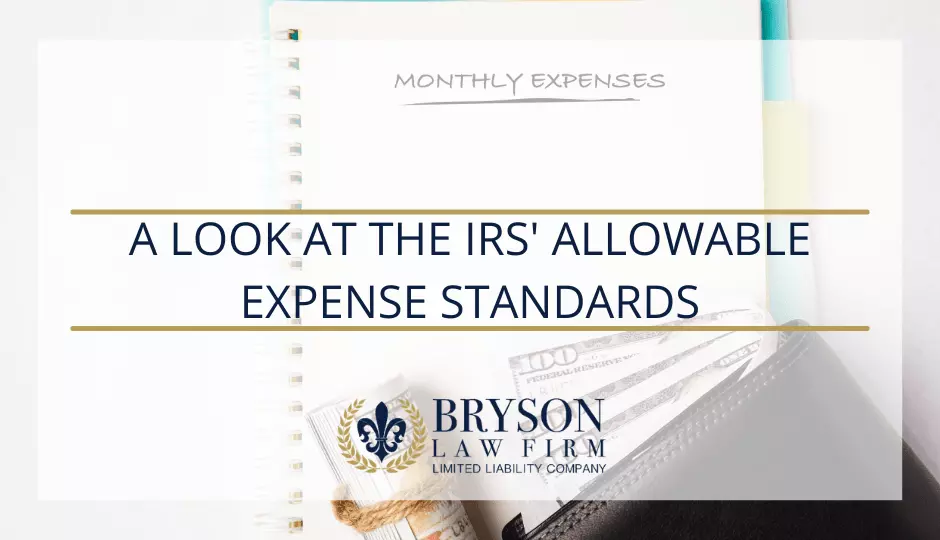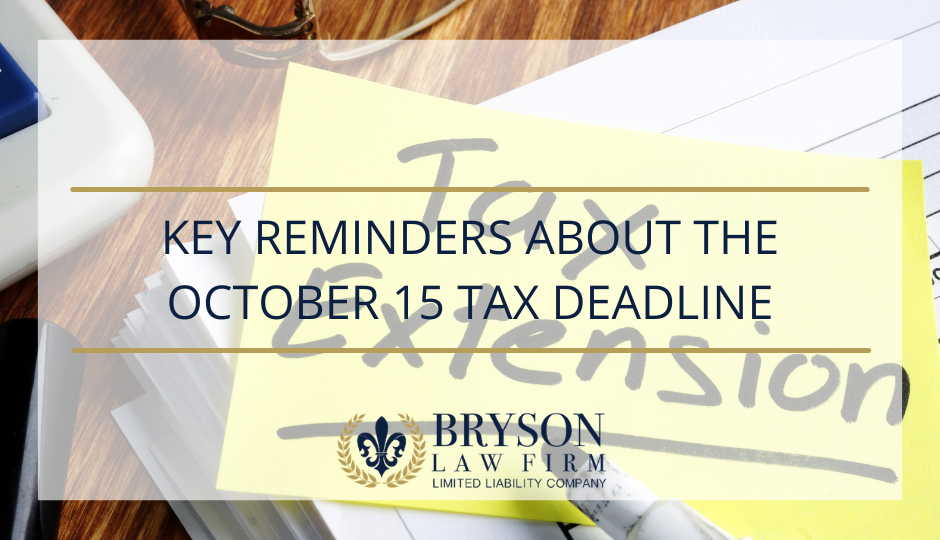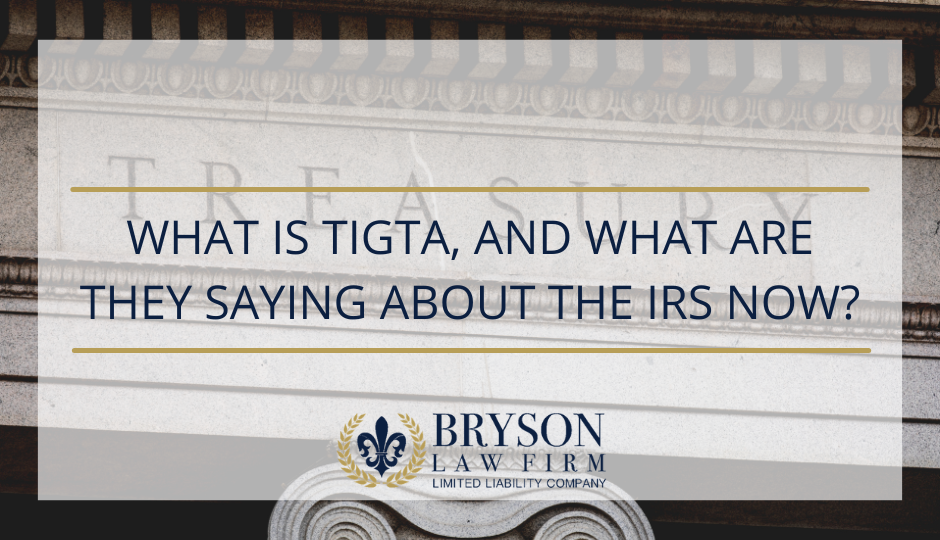As we have frequently discussed in blogs and podcast episodes, IRS Tax Resolution is extremely focused on each individual Taxpayer’s current financial situation. This enables us to custom-craft Case Plans for our Clients based on the particulars of what they can afford to pay the IRS.
When talking about calculating a Taxpayer’s current financial ability to pay the IRS, it is important to know that the IRS has “Collection Financial Standards” that they reference in negotiations. The IRS applies a “Necessary Expense Test” – considering expenses that are necessary to provide for a Taxpayer and their family’s health, welfare, and production of income – in analyzing the Taxpayer’s financials. The Internal Revenue Code (IRC 7122(d)(2)(A)) requires that the IRS have schedules of national and local allowances to ensure Taxpayers have an adequate means to provide for basic living expenses.
These Standards are updated periodically to account for inflation, cost-of-living, etc. Some standards are set at a nationwide level – the cost the IRS allows as an expense for food, clothing, and miscellaneous items, out-of-pocket healthcare expenses. The allowances for housing, utilities, and transportation are set at a local level.
The cost of food, clothing, and miscellaneous items as well as the cost of out-of-pocket healthcare expenses do not have to be substantiated. The IRS will apply those standards without questioning actual expenses. For housing and utilities and transportation, the Taxpayer is allowed the amount spent or the standard amount, whatever is less.
In 2022, the standards for monthly living expenses for food, housekeeping supplies, apparel and services, personal care products and services, and other miscellaneous living expenses total:
- $785 for 1 person
- $1410 for 2 people
- $1610 for 3 people
- $1900 for 4 people
- For each additional person in the household over 4, an allowance of $344 will be added for each additional person
These standards are calculated by the Bureau of Labor Statistics Consumer Expenditure Survey.
In 2022, the out-of-pocket healthcare standard is $75/month for Taxpayers under 65; $153/month for Taxpayers 65 and older. This includes expenses for things such as medical services, prescription drugs, and medical supplies. It is separate from the amount the Taxpayer pays for health insurance coverage. There is no standard established on monthly health insurance expenses.
The 2022 local standards for housing and utilities depend on the Parish or County in which the Taxpayer lives. For example, in St. Tammany Parish, Louisiana, the housing and utilities monthly standards are:
- $1730 for 1 person
- $2032 for 2 people
- $2141 for 3 people
- $2387 for 4 people
- $2426 for 5 or more people
In Harris County, Texas, the housing and utilities monthly standards are:
- $1774 for 1 person
- $2083 for 2 people
- $2195 for 3 people
- $2447 for 4 people
- $2487 for 5 or more people
The US Census Bureau prepares these standards. Housing and utilities include costs for rent or mortgage, property taxes, interest, insurance, maintenance, repairs, utility bills such as gas, electric, water, garbage, telephone, cable, internet, etc.
The allowable transportation standards are:
- $242/month (national standard) for public transportation
- $588/month ONE car, $1176/month TWO cars (national standard) for ownership costs
- Operating costs vary by the region in which the Taxpayer lives – Northeast, Midwest, South, or West.
- In the South Region, the monthly standard vehicle operating costs are $267/month for ONE car, $534/month for TWO cars
- In Houston, those standards are $345/month ONE car, $690/month TWO cars.
A single Taxpayer can typically claim the expenses for only one automobile. The two vehicle expense standards are for a household of more than one. A household is typically allowed expenses for the lease or purchase of up to 2 vehicles as necessary expenses. The Taxpayer must have a car payment to claim the ownership cost as an expense. If the vehicle is paid for in full, the operating costs are the only expense that can be claimed.
Operating costs include things like maintenance, repairs, fuel, registration, parking, tolls, etc.
The allowance for public transportation is typically allowed without questioning actual expenses for Taxpayer without a vehicle. If the Taxpayer both owns a vehicle and uses public transportation, they may be able to claim both expenses if it can be shown that both are needed for the health and welfare of the Taxpayer and family. The expenses would have to be substantiated – the Taxpayer can claim actual expenses or the standards, whichever is less.
As you’ll see, several of these monthly standards are based on the number of people in the household. The IRS typically requires that the number claimed matches the number allowed as dependents on the Taxpayers last tax return.
Many Taxpayers who come to us seeking a Resolution over their IRS tax matters have expenses that exceed some of these standards. It is important to note that if the facts and circumstances indicate that these standards are an inadequate measure for basic living expenses, actual expenses may be used instead. IRC Section 7122 allows for these deviations. The IRS also has a Six-Year Rule, which allows for expenses that exceed the Standards so long as the tax balances are paid in full over 6 years.
As illuded to previously, there are also several “Other Expenses” for which there are no set “standards” for reasonableness of the expense. Those include childcare, health insurance, life insurance, current year taxes, secured debts, court-ordered payments, payments on delinquent taxes, and other expenses. Note that the IRS does not automatically have to allow for these monthly costs when calculating the Taxpayer’s current financial ability to pay.
If you need help ensuring that your financial ability-to-pay is accurately presented to the IRS and that any deviations from those standards or “Other Expenses” you may have are considered, it is time to contact Bryson Law Firm, LLC. We will evaluate the specifics of your financial situation to ensure that we submit and negotiate the BEST possible resolution into place with the IRS on your behalf.























